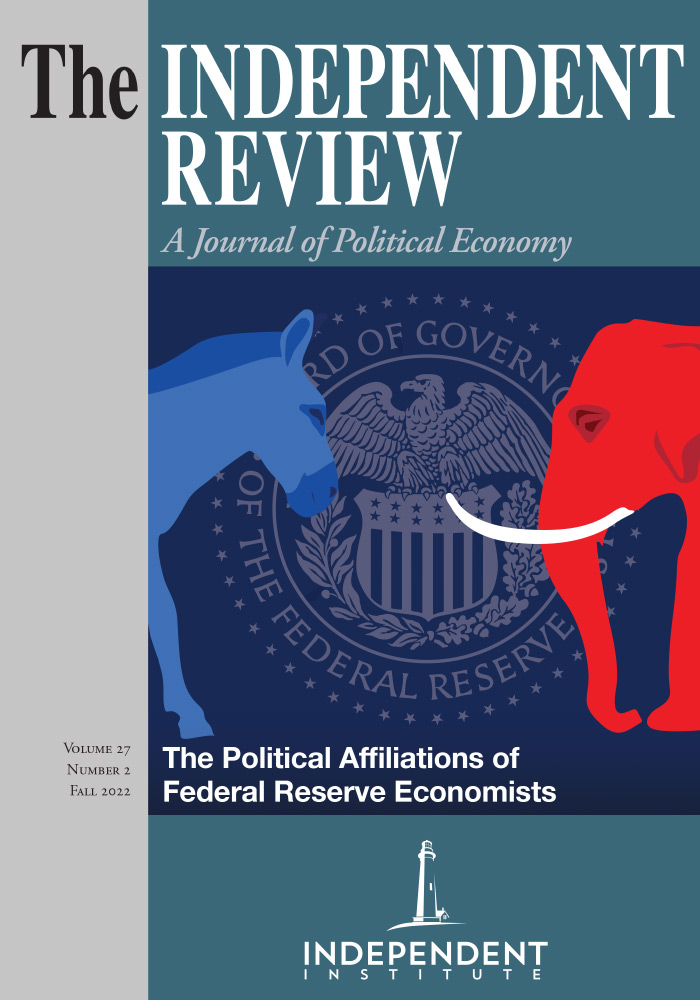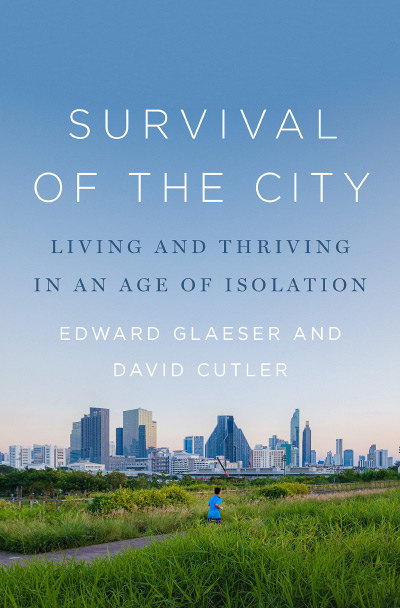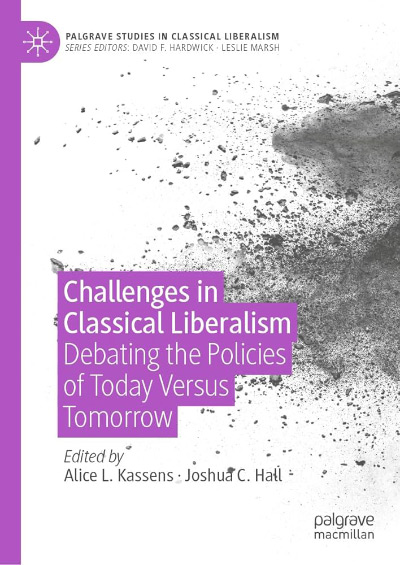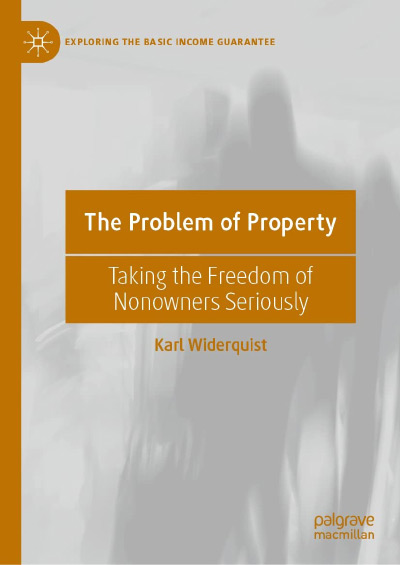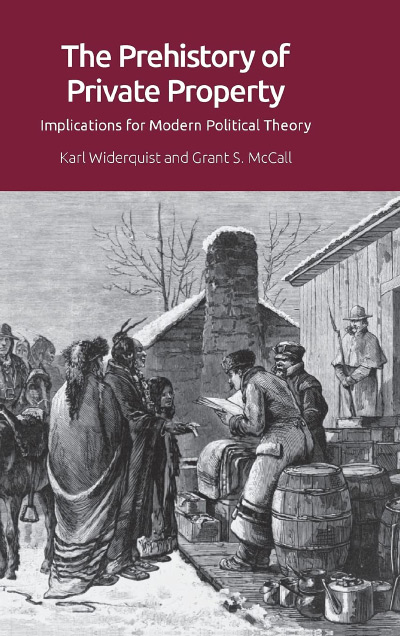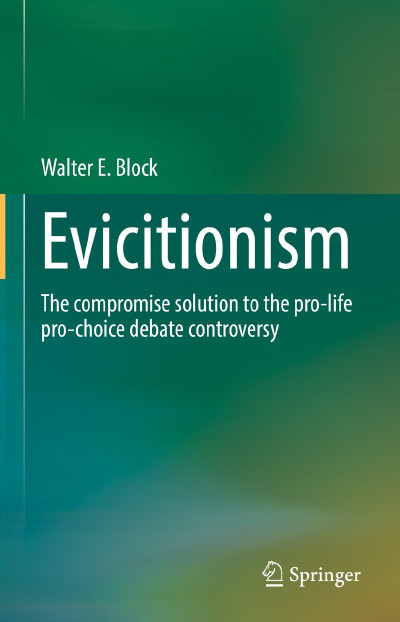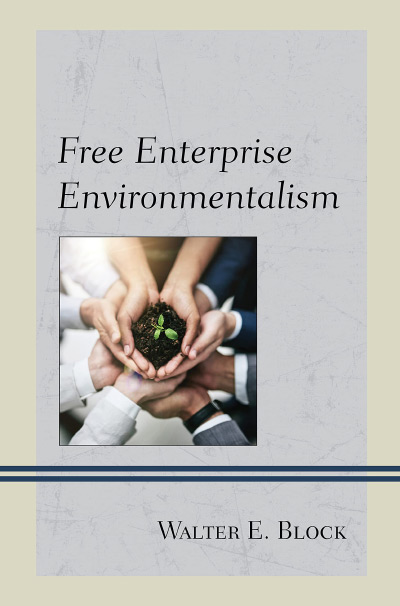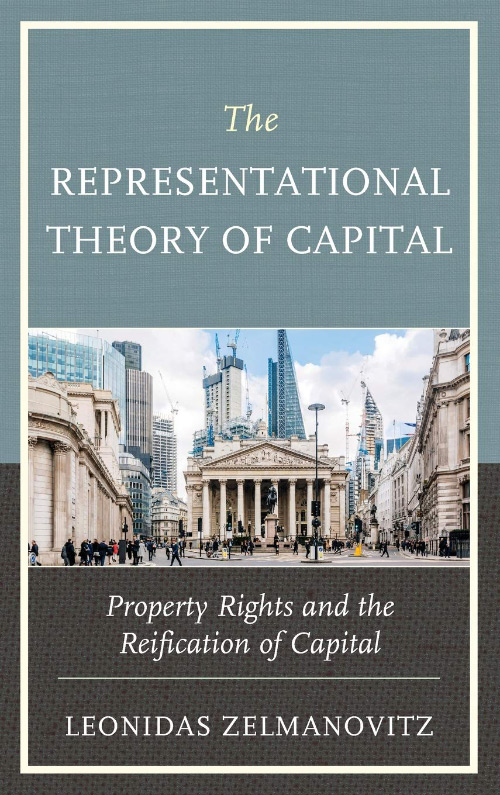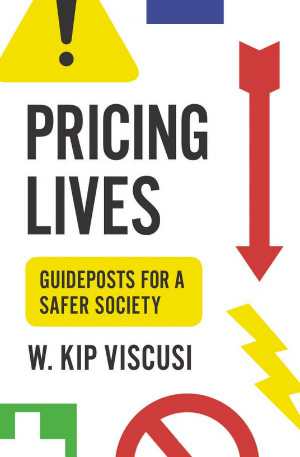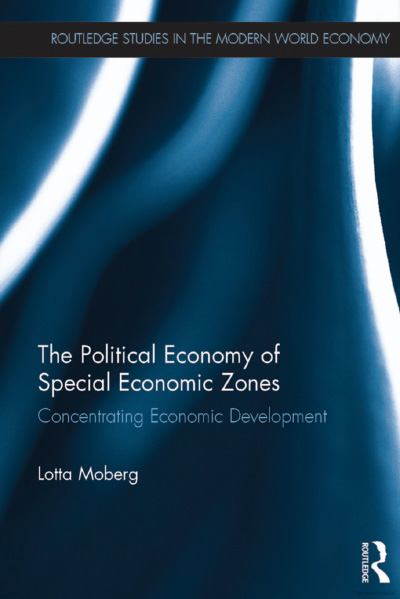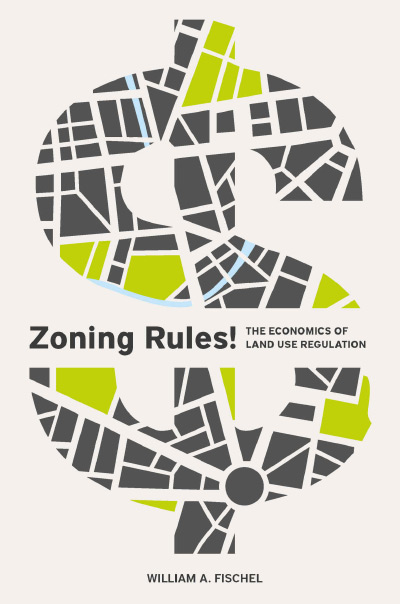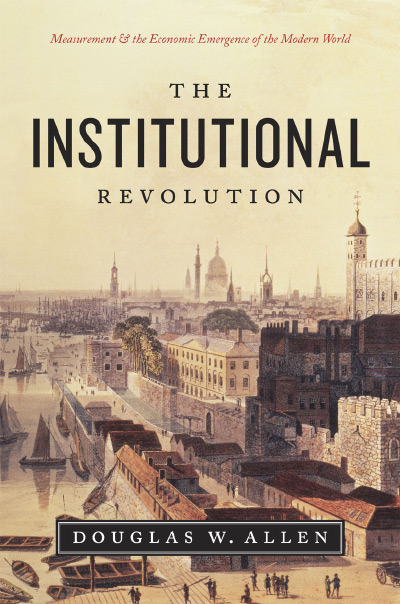I don’t like cities. It’s not a principled objection; I just don’t like having to deal with that many people, all at once, all the time. That said, I approve of cities, and I’m glad that other people like to live in them.
Edward Glaeser has long been a city fan-boy, and his reasons are persuasive. It’s a long-time interest, but his views seem to have crystallized in his edited 2010 conference volume Agglomeration Economics (Chicago: University of Chicago Press). In that book, Glaeser provides background on the seeming paradox of “agglomeration economics,” or the explanation for complex increasing returns to scale in concentrated habitation and work:
Agglomeration economies are the benefits that come when firms and people locate near one another in cities and industrial clusters. These benefits all ultimately come from transport costs savings: the only real difference between a nearby firm and one across the continent is that it is easier to connect with a neighbor. Of course, transportation costs must be interpreted broadly, and they include the difficulties in exchanging goods, people, and ideas. The connection between agglomeration economies and transport costs would seem to suggest that agglomerations should become less important, as transportation and communication costs have fallen. Yet, a central paradox of our time is that in cities, industrial agglomerations remain remarkably vital, despite ever easier movement of goods and knowledge across space. (p. 1)
“Remarkably vital” is an understatement. Over the past 150 years, almost every nation, even from very different strata of culture and development, have seen a rapid increase in urbanization.
Still, that was then. Doesn’t the pandemic, and the sharing economy with apps, and distributed opportunities for remote work, mean that cities have passed their peak? Unsurprisingly—Glaeser is a fan-boy, after all—the conclusion argued in this book is that cities, and even larger-scale cooperative organizations such as a new “NATO for health” global strategic alliance, are more important than ever. The thread of the book, coauthored with fellow Harvard economics professor David Cutler, is laid out on p. 24:
Cities have been engendering miracles of collaborative activity since Socrates and Plato bickered on an Athenian street corner. The age of urban miracles need not be over. Indeed, it must not be. But we will have to work intelligently and pragmatically to make sure that cities are more open to outsiders and less vulnerable to the demons, like contagious disease and terrible inequities, that can often accompany density.
These two problems, the contagion that comes with congestion, and the “public choice” objection that a system based on power is unlikely to care for the weak, organize the authors’ arguments in all ten chapters of Survival of the City. It makes sense: “The same physical proximity that enabled Socrates to talk to Plato also enabled the flow of the Athenian plague” (p. 26). And while I might quibble that the authors do not seem to recognize that they are rehearsing the core insight of public choice, they do state it deftly: “These seemingly disparate problems all stem from a common root: our cities protect insiders and leave outsiders to suffer” (p. 3).
The clever thing about this latter formulation is that there are multiple dimensions of being “outside”:
The regulations that limit new construction protect the high housing values and views enjoyed by the incumbents, but exclude the young and poor who also want an urban future. Reductions in crime enable the well-heeled to safely enjoy a midnight stroll, but police stop and frisk lower-income minorities who try to do the same thing. If a policeman gets too rough, then his union stands up for him, but there is no equivalent organization protecting disadvantaged youth. (pp. 3–4)
That last is as neat, and compelling, an example of Mancur Olson’s “collective action problem” as I have ever encountered. Police unions are an organized interest; minorities and the urban poor are an unorganized interest. The smaller, organized group wins, in what Olson called “the exploitation of the great by the small” (1965, The Logic of Collective Action: Public Goods and the Theory of Groups, Cambridge: Harvard University Press, p. 28). Neighborhood groups are easier to organize than (even large) collections of individuals who want to live in new housing built in that neighborhood. Existing businesses are much cheaper to organize around restrictive zoning to block new commercial development than the disparate but highly beneficial businesses that do not yet exist. And so on, as the authors (to their credit) recognize this (pp. 266–267).
The problem, as Mancur Olson recognized in his later great work, The Rise and Decline of Nations (1982, New Haven: Yale University Press), is that this accretion of interest group organizations comes to dominate the political process. The “political equilibrium” is stable, but steadily getting worse over time as the differences between insiders and outsiders is magnified by the institutions that mediate efforts to live together. For Glaeser and Cutler, this cashes out (p. 267) in a change over time, from pro-development political coalitions that seek to attract outsiders toward anti-development forces, mobilized from across the party ideology spectrum, that seek to block growth and change, even at the cost of economic stagnation.
I am a bit concerned that the authors don’t understand the idea of “equilibrium,” outside of the technical economics that both have worked in very successfully. At several points, we are told that the problem of “designing government policy” is very difficult, and “hard to get exactly right” (p. 274). Maybe it comes with being a Harvard professor, where you imagine that government policy is something that is “designed,” rather than something that emerges from the balance of interest group competition. And you also imagine that whoever is designing that policy wants to listen to you.
The result is that Glaeser and Cutler’s policy solutions simply assume that (a) “we” can just change the rules in ways that will fundamentally alter the power dynamics of cities, and (b) Pareto improvements can be identified and implemented with low political transaction costs. Who is this “we” that they’re talking about?
The list of things “we” must do (p. 4) is ambitious, to say the least:
- Cities, and countries, must be opened for outsiders.
- Business and land-use regulations such as zoning must be rewritten to allow building more, taller, and much higher density buildings for new housing and mixed commercial uses.
- Policing must prevent crime and protect the privacy rights, and just rights not to be hassled, of every citizen.
- “Pandemics must cease so that urban entrepreneurs can again create opportunities, even in the poorest neighborhood.”
I put the last bit in quotes, so you can get an idea of the politics-free economysticism at work here. Look: The existing system operates as if it were designed to produce the outcomes that we observe; that’s why we observe those outcomes, and not some others. Or, as my son Kevin Munger has taught me, we need to remember Stafford Beer’s maxim that “the Purpose of a System is What It Does” (POSIWID; see 1995, The Brain of the Firm, 2nd edition, New York: Wiley).
The way this problem of equilibrium manifests in public choice is that voting coalitions that now are not willing to vote for the “right” policies will not be fooled by institutional reforms that produce those policies. If the current configuration of power prevents you from changing the outcome under the existing rules, proposals for rule changes will fail on the same grounds, because elites can look down the agenda tree and see that the rules changes lead to the very outcomes they have been opposing.
A nice illustration can be found in the work of public choice scholar Stanley Winer (see, for example, Walter Hettich and Stanley Winer, 2005, Democratic Choice and Taxation: A Theoretical and Empirical Analysis, New York: Cambridge University Press). As in much of Winer’s work, the answer to the question “what should we do?” is “STOP: There is no ‘we’.” Even if you are two professors from Harvard, and you come up with the “right” “solution” (I’m sorry for the scare quotes, but there is no other way to do this....), the rich white liberals who live in $3 million townhouses in San Francisco are going to prevent anyone from building more houses anywhere near them. Even (especially) pacifists are ferocious in defending their privileges.
I don’t mean to sound too negative, but the economistic solution of writing out a policy proposal for the benevolent dictator—who doesn’t exist in the first place, I looked it up—is getting old. I do think that the most novel solution here, the “NATO for health” whose job it would be to coordinate rapid and effective pandemic policy, is at least worth a try. There is a problem of under-institutionalized global public health entities, and the authors assure us that their metaphor of “more like NATO than the UN” will be helpful.
But, will it, really? The UN, and the rightly mocked World Health Organization (WHO), are really the default setting for international organizations at their best. I know, they’re terrible, but as Margaret Thatcher said in 1989, “When you enter into international treaties you voluntarity give up a certain part of your sovereignty.” The advantage of NATO is that each member nation has pre-committed to contribute to the defense of all other members, because an attack on one is an attack on all. The UN, and the WHO for that matter, are more like political deliberative bodies. The reason that we have a WHO, and not a “NATO for health” already, is that nations have not been willing to give up sovereignty for a health threat to another nation.
Glaeser and Cutler make a (mostly) persuasive argument for “politics as exchange” (James Buchanan’s words, 1975, The Limits of Liberty, Chicago: University of Chicago Press, not theirs), where the promise of Pareto improvements in cities, and in global health, will be a sufficient inducement to break the logjam of zoning rules, police union obstructionism, and national secrecy that resists sharing health data, partly for domestic political reasons.
The description of the gains from redirecting cities to be more inclusive and less devoted to enclaves of the powerful is certainly seductive. And the histories of the errors of the past, including the recent past, in managing plagues and epidemics, is instructive, even if it reminds me of Karl Marx’s droll observation, correcting Hegel (1963, The Eighteenth Brumaire Of Louis Bonaparte, International Publishers, New York City, p. 1), that historic events and political arrangements appear twice, “the first time as tragedy, the second time as farce.”
| Other Independent Review articles by Michael C. Munger | ||
| Spring 2024 | Following Their Leaders: Political Preferences and Public Policy | |
| Spring 2024 | The Origins and Evolution of Consumer Capitalism; Crack-Up Capitalism | |
| Winter 2023/24 | The Classical Liberal Diaspora | |
| [View All (79)] | ||

